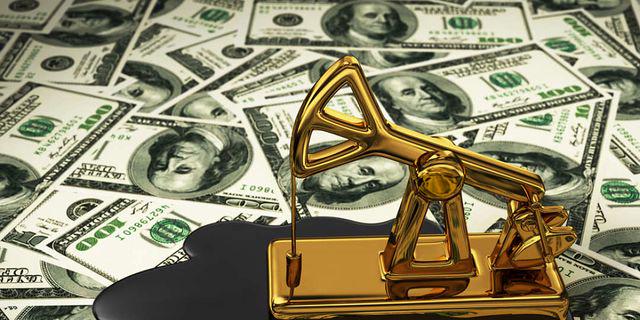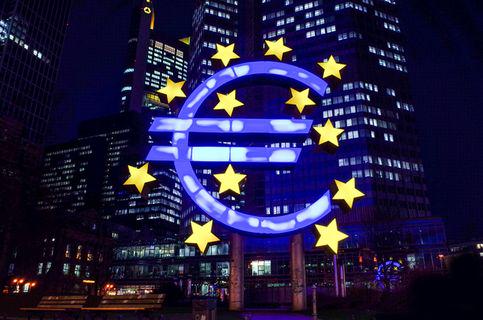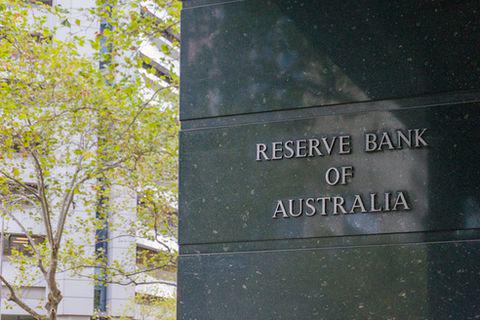
The G20 summit took place in Bali, Indonesia, on November 2022…

Don’t waste your time – keep track of how NFP affects the US dollar!
Data Collection Notice
We maintain a record of your data to run this website. By clicking the button, you agree to our Privacy Policy.

Beginner Forex Book
Your ultimate guide through the world of trading.
Check Your Inbox!
In our email, you will find the Forex 101 book. Just tap the button to get it!
Risk warning: ᏟᖴᎠs are complex instruments and come with a high risk of losing money rapidly due to leverage.
68.53% of retail investor accounts lose money when trading ᏟᖴᎠs with this provider.
You should consider whether you understand how ᏟᖴᎠs work and whether you can afford to take the high risk of losing your money.
Information is not investment advice
EUR/USD has been trading in a broad range between 1.15 and 1.12 for the fourth consecutive month. Does the euro have a chance to strengthen versus the USD or should it, on the contrary, get to lower levels? Let’s analyze the fundamentals and find out the most likely direction.
Economy
The economy is the source of troubles for the euro. At the beginning of February, the European Commission cut the 2019 growth forecast for the 19-nation bloc from 1.9% to just 1.3%.
The recent releases look grim. This month the region’s manufacturing PMI fell into the negative territory, while economic confidence declined for the eighth month in a row. The ECB governing council member Benoît Cœuré said that the economic slowdown is “clearly stronger and broader” than the European Central Bank expected.
What is threatening the economic wellbeing of the euro area? Firstly, there are global risks you’ve certainly heard of before: Brexit and China’s economic slowdown. Secondly, the eurozone has its own internal demons: political instability in Italy, public dissatisfaction in France, and struggles of the German car industry to adjust to the regulatory changes.
Given the bleak economic picture, why is the euro holding its ground versus the USD? One of the reasons is that the common currency is supported by the strong foreign demand for the European long-term government bonds. These bonds seem attractive because they offer investors a chance to place money safely and for a prolonged period of time — which is something they can’t achieve using stocks. As a result, the euro area experiences an inflow of funds from abroad. This keeps its current account in a big surplus and boosts the euro. Improvements in the US-China trade relations are also having a mildly positive impact on the EUR.

ECB
The monetary policy of the European Central Bank is the major driver of the euro. In December, the ECB ended net asset purchases and outlined its intention to start normalizing monetary policy this year.
The upcoming ECB meeting on March 7 will be very important. On the one hand, there are reasons to expect some bad news for the single currency. Firstly, the regulator will likely acknowledge the downgraded economic forecasts. Secondly, the ECB may also extend its current easing initiatives, for example, TLTROs (targeted long-term refinancing operations). Finally, it can delay the first interest rate hike. Earlier the central bank said that it might change rates after summer 2019 but now it may remove this kind of guidance from its statement.
On the other hand, all of the things listed above don’t mean that you should rush into selling EUR/USD. For the one thing, the ECB is clearly aware of the demand for the eurozone bonds. This can make the regulator sound less dovish than expected and thus provide the euro with some strength. Moreover, help for EUR/USD may come from the American side of things.
US dollar
Although last year America has outperformed the euro area economically, this advantage of the United States is becoming less evident. In addition, the Federal Reserve has taken a pause in its interest rate increases. According to the forecasts, the US GDP growth has slowed down growth from 3.4% in Q3 to 2.4% in Q4. If we get a confirmation of these figures on Thursday, February 28, the USD will suffer, while the EUR will be able to test resistance levels.
Conclusion
As you can see, we are dealing with the weakening European economy and the external risks on the one hand, and the declining USD and the demand for the European bonds on the other hand. These contradicting factors can easily keep EUR/USD in the 1.15/1.12 range. The ECB meeting next week represents a challenge for the euro. Be ready for a spike in volatility. Still, keep in mind that any selloff in the single currency will likely be met with demand.

The G20 summit took place in Bali, Indonesia, on November 2022…

The deafening news shocked the whole world yesterday: the British Queen Elizabeth II died peacefully at the age of 96…

After months of pressure from the White House, Saudi Arabia relented and agreed with other OPEC+ members to increase production.

eurusd-is-falling-what-to-expect-from-the-future-price-movement

Greetings, fellow forex traders! Exciting news for those with an eye on the Australian market - the upcoming interest rate decision could be good news for Aussies looking to refinance or take out new loans. The Mortgage and Finance Association Australia CEO, Anja Pannek, has...

Hold onto your hats, folks! The Japanese yen took a nosedive after the Bank of Japan (BOJ) left its ultra-loose policy settings unchanged, including its closely watched yield curve control (YCC) policy. But wait, there's more! The BOJ also removed its forward guidance, which had previously pledged to keep interest rates at current or lower levels. So, what's the scoop? Market expectations had been subdued going into the meeting, but some were still hoping for tweaks to the forward guidance to prepare for an eventual exit from the bank's massive stimulus
Your request is accepted.
We will call you at the time interval that you chose
Next callback request for this phone number will be available in 00:30:00
If you have an urgent issue please contact us via
Live chat
Internal error. Please try again later